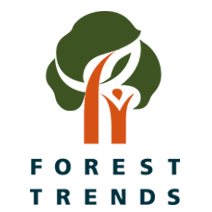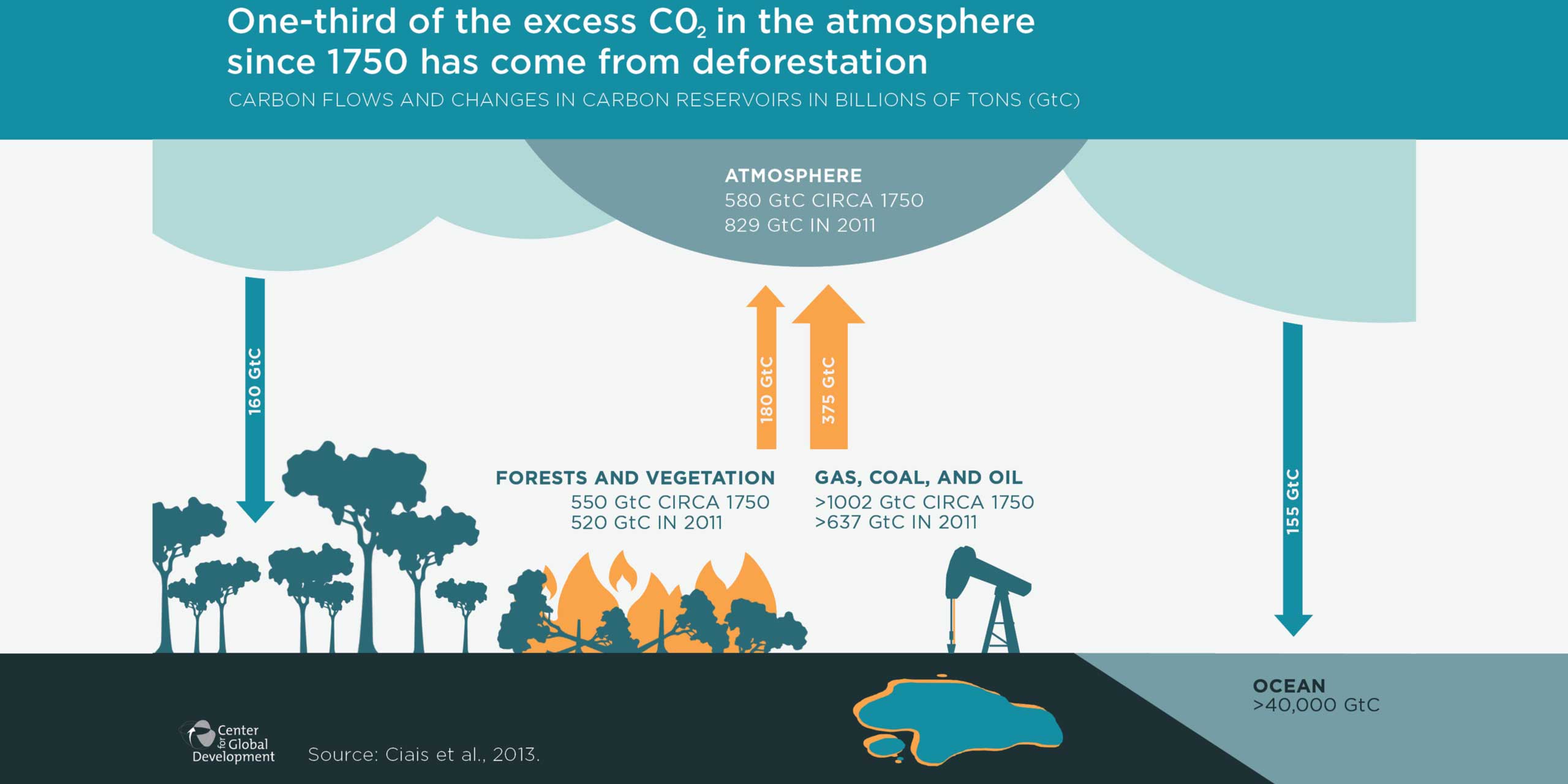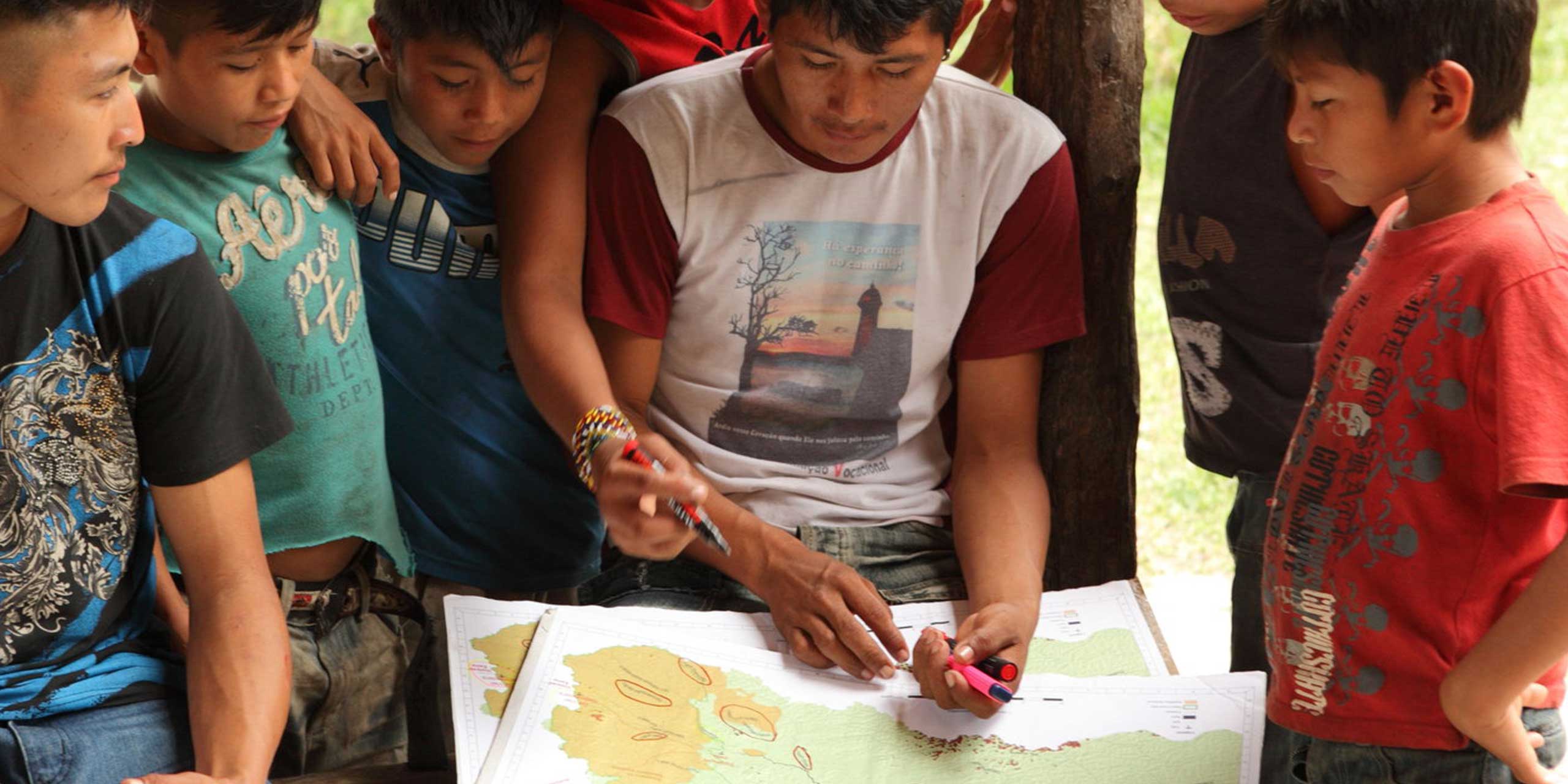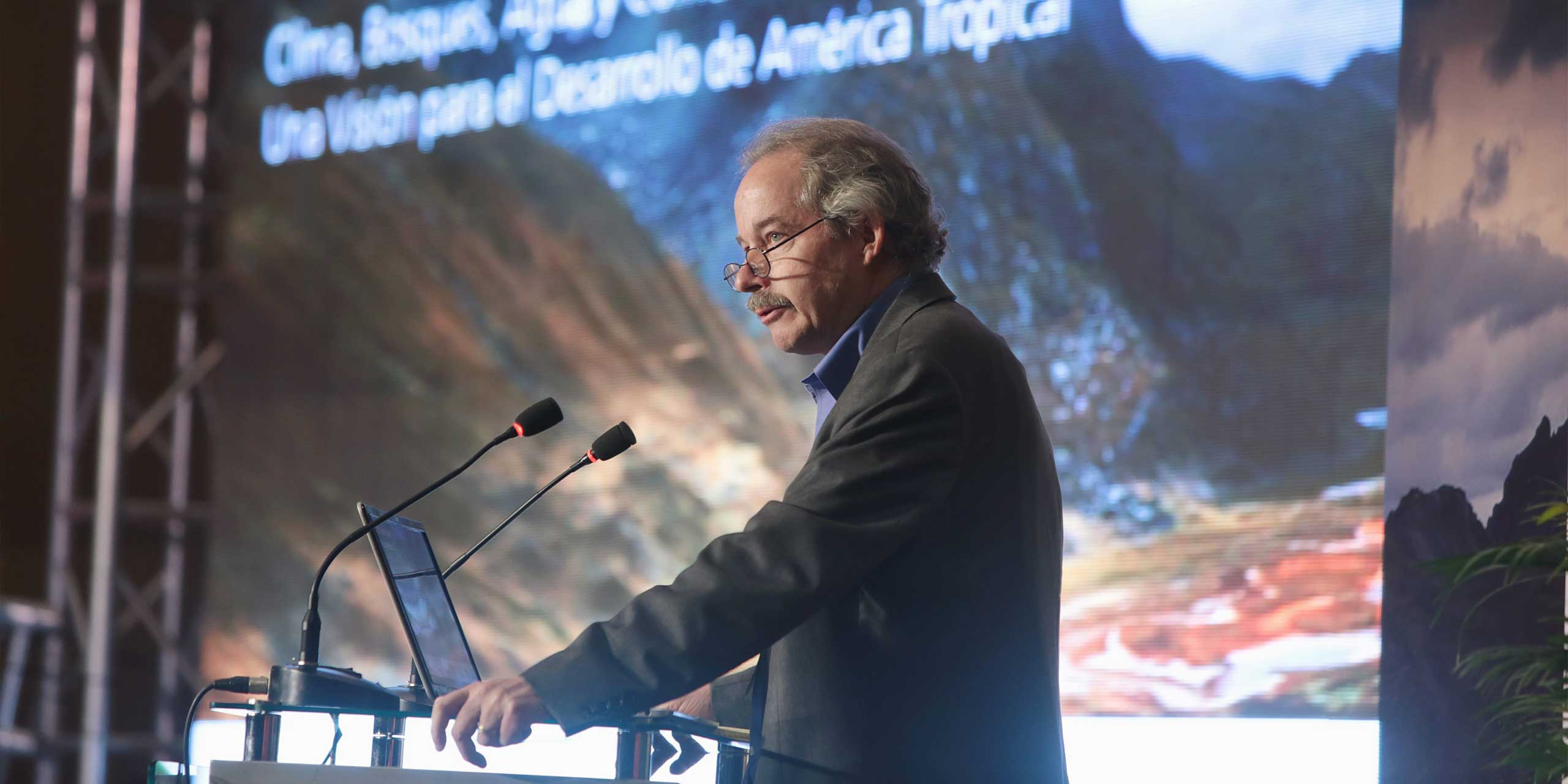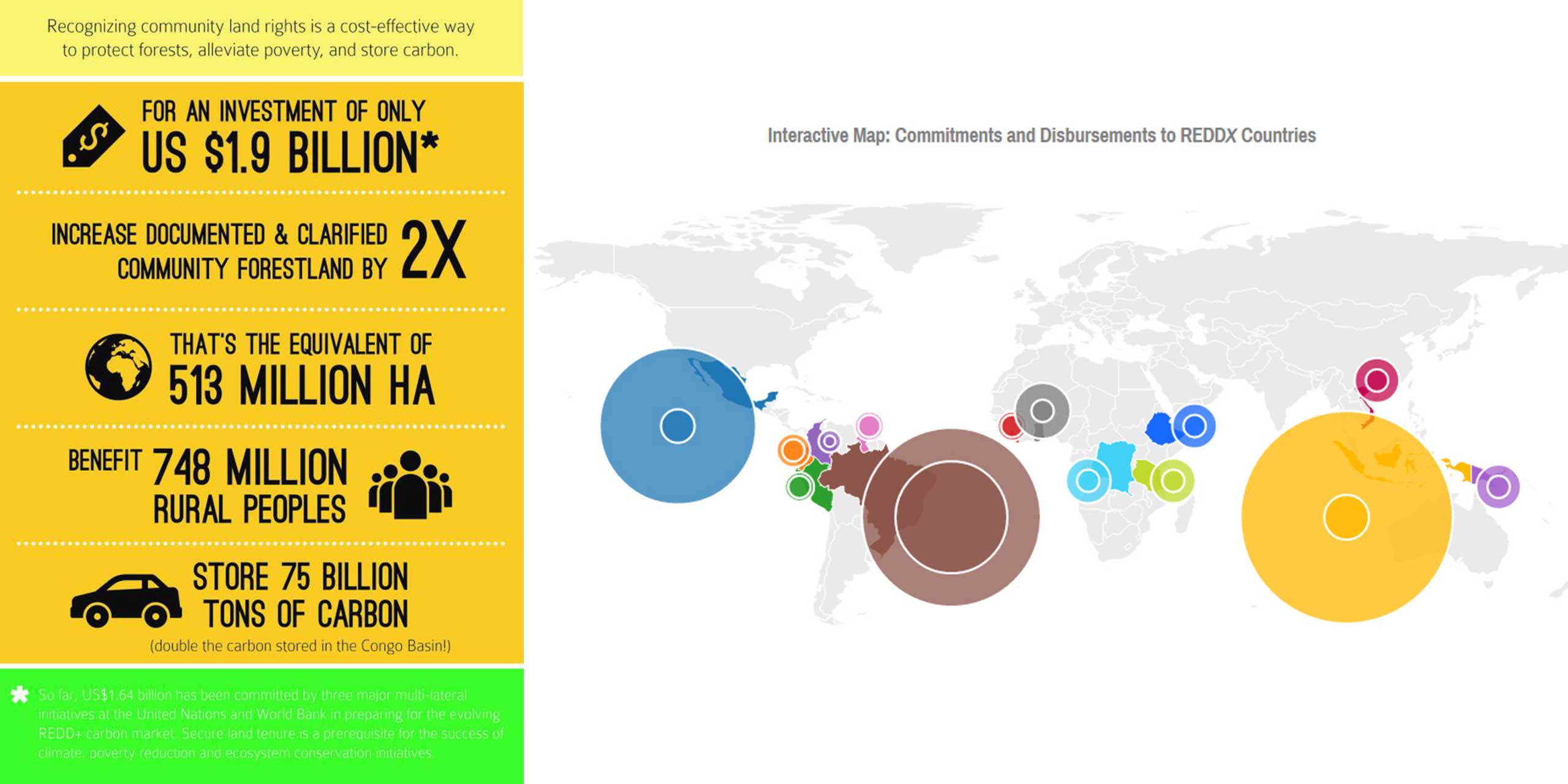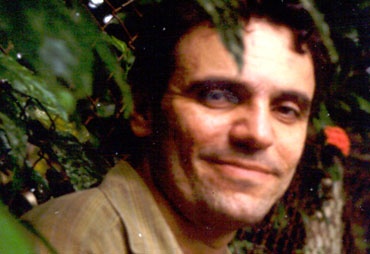Forest Trends is a Washington, DC-based international non-profit organization that was created in 1998 by leaders from conservation organizations, forest products firms, research groups, multilateral development banks, private investment funds, and philanthropic foundations.
For two decades, Forest Trends has pioneered the idea that creating economic value in our forests and natural ecosystems is one of the most powerful incentives for sustaining them.Traditional markets and financial systems fail to fully value all of the ways we benefit from a healthy planet. Forests and other ecosystems clean our air, provide natural protection against floods, and enrich the soil. When we fail to value these benefits, we waste and degrade critical natural assets.Forest Trends’ mission is to work with communities, governments, and businesses to more fully embed conservation into economic activity and prevent the destruction that comes from badly planned, unsustainable resource allocation and development.

